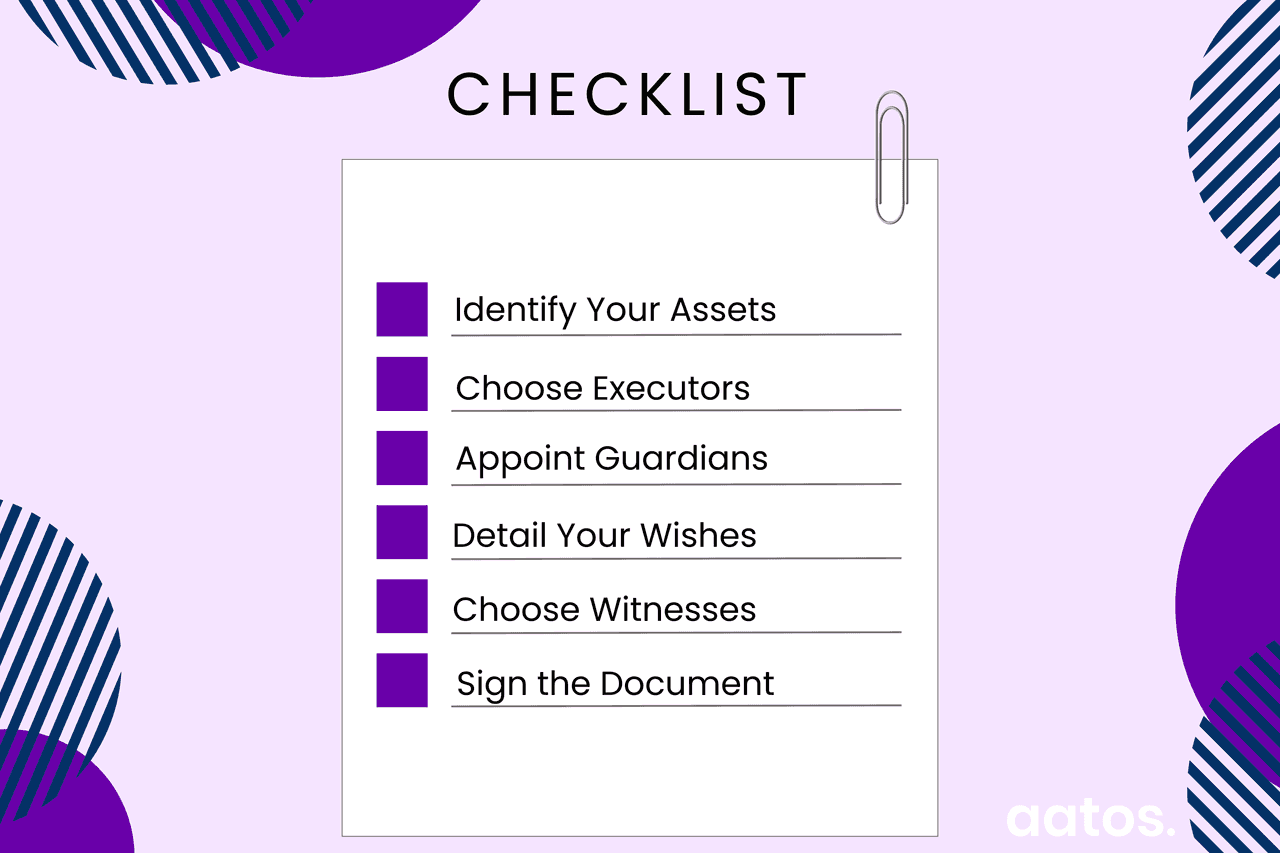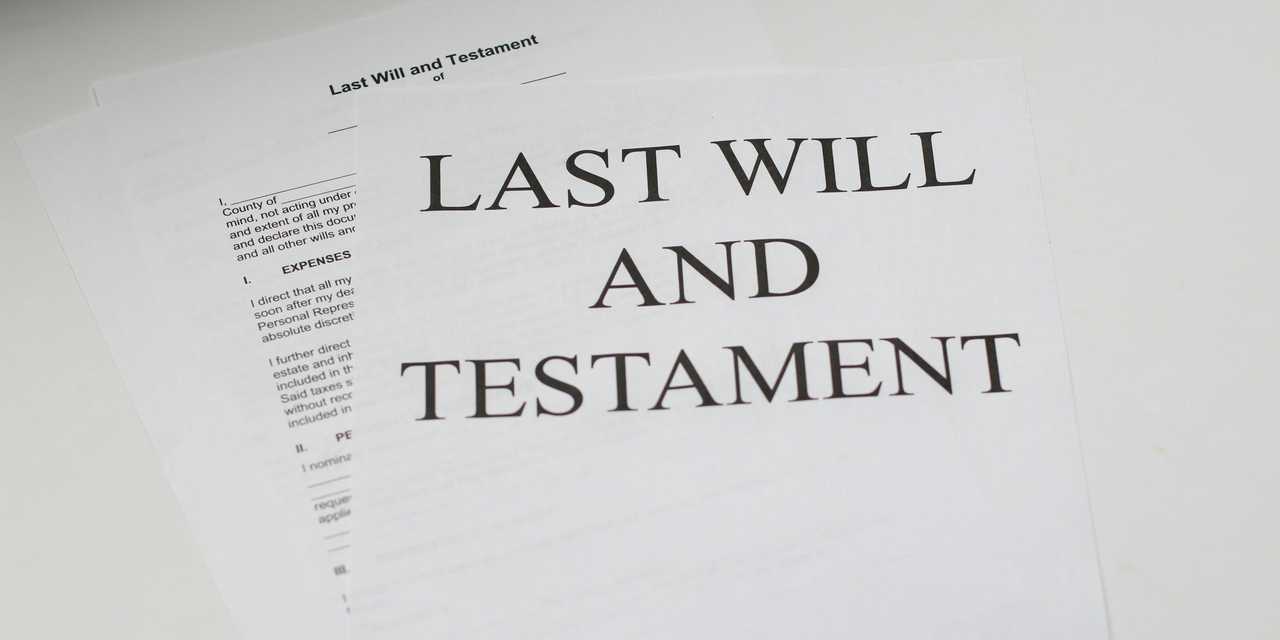Writing a Will is one of the most crucial steps to ensure your wishes are respected and your loved ones are cared for after your passing. It provides clarity, security, and peace of mind for both you and your family.
A Will allows you to determine how your assets should be distributed, appoint guardians for minor children, and even make charitable donations. Without a valid Will, your estate will be governed by intestacy laws, which may result in outcomes you didn’t intend or desire.
Before you begin drafting your own Will, it’s important to familiarise yourself with the process of writing a Will in the UK. This guide will walk you through the steps, offering practical advice to make the task straightforward and stress-free.
Why Writing a Will Matters
A Will allows you to:
- Specify how your assets will be distributed.
- Appoint guardians for minor children.
- Make charitable donations.
Without a valid Will, your estate will be subject to intestacy laws, which may lead to unintended outcomes and disputes among family members. Learn more about the implications of dying without a Will in our article on Intestacy Rules.
💡 Did you know? According to The National Wills Report (2023), 42% of UK adults have never discussed their wishes with loved ones, and 39% who haven't written a Will say they "haven’t got round to it yet."
Benefits of Writing a Will
- Ensures Your Final Wishes Are Respected
Specify exactly who inherits your estate, avoiding confusion or conflict. - Protects Your Loved Ones
Appoint a guardian for minor children and safeguard specific assets like heirlooms or properties. - Minimises Tax Liabilities
A properly drafted Will can reduce estate taxes, leaving more for your beneficiaries. - Prevents Family Disputes
Clearly outlining your intentions can minimise the risk of conflicts among your heirs.
💡 Fact: While only 44% of UK adults have written a Will, this rises to 66% among those aged 55 and over (The National Wills Report, 2023).
Create a Will Fully Online – Ready in 10 Minutes
With Aatos, writing your Will has never been easier. Simply answer a few straightforward questions, add your heirs, and choose from recommended conditions. Your tailored Will is created instantly to meet your unique needs.
With Aatos, you’ll receive:
- A printed copy of your Last Will.
- Digital storage.
- Unlimited revisions.
- Free fast-track legal support.
- Comprehensive legal coverage.
All this for just £99.
Try it for free today! Create a Will in as little as 10 minutes and take the first step toward securing your family’s future.
Can I Write My Own Will without a Solicitor?
Yes, even though 69% of Wills in the UK are written by a professional (The National Wills Report, 2023).
You can indeed write your Will without meeting with a solicitor, for instance, by utilising online legal services like Aatos.
Aatos provides guidance to help you create a legally valid Will from the comfort of your own home. The service will ensure that your Will meets all legal requirements and accurately reflects your wishes.
Online services, like Aatos, offer both convenience and potential savings. However, for those with more complex estates or in need of specific legal advice, Aatos's solicitors are available to assist through a free chat service, ensuring that even more intricate concerns can be addressed effectively.
Writing a Will entirely on your own from scratch is not advisable for several reasons.
- A Will must comply with specific legal requirements to be valid, and these requirements can vary by jurisdiction. Without legal expertise, you may miss essential legal formalities, such as proper witness signatures or the correct declaration language, which could render the Will invalid.
- The language used in Wills needs to be precise and unambiguous. Inaccurate language can lead to disputes among beneficiaries, potentially leading to lengthy and costly legal battles.
- A self-written Will might not adequately address complex issues such as the distribution of digital assets, guardianship of minors, or tax implications, which could lead to unintended consequences for the estate and its beneficiaries.
Using a legal service, such as Aatos, ensures that your Will is legally robust, reflects your wishes accurately, and considers all relevant legal and financial aspects.
💡 Only adults over 18 and of sound mind can write a Last Will in the UK.
Different Types of Written Wills Exist
There are different types of Wills to choose from, depending on your needs. The best type of Will for you depends on how complex your estate is, your family structure, and your personal preferences.
Three of the Most Common Types of Last Wills:
- Simple Will: the simplest type of Will and is suitable for people with uncomplicated estates. It states who you want your assets to go to and names an executor to carry out your wishes. It may also name guardians for minor children.
- Joint Will: a single Will for two people, such as spouses or partners. It states that when one person dies, their assets go to the other person. When both people have died, the assets are then distributed to the beneficiaries named in the Will.
- Living Will: not a traditional Will, but it is a legal document that states your wishes for medical treatment and end-of-life care if you become incapacitated and cannot communicate your wishes.
💡 Discretionary Trust Will gives the heirs a certain flexibility on how your estate can be handled after you die.

Write Your Wishes Clear in Your Last Will
As the testator, you have the legal right to exclude almost anyone from your Will or leave them a minimal inheritance. You can distribute your assets as you see fit.
For example, you may have an estranged relationship with a family member and might choose not to include them in your Will. Alternatively, you might choose to prioritise heirs based on need rather than dividing assets equally. That means you may choose to include a family member with financial hardships in your Will.
On the other hand, some individuals may decide to leave a substantial portion of their estate to charitable organisations or causes they support, reducing the amount left to family members.
⚠️ Exercise caution when considering free Will templates that you have found on the Internet. A basic template might not fulfil your wishes. An unclear Last Will can cause unnecessary disputes among the relativesHow Do You Write Your Will?
Be aware if you are writing a Last Will on your own that unclear Will can Lead to Legal Challenges. Whichever Will you choose to write, it's essential to be clear and specific to avoid misunderstandings or potential legal challenges.
If you intend to exclude a family member or limit their inheritance, consult a solicitor to ensure that your wishes are legally expressed.
Properly documenting your intentions can help prevent disputes among surviving family members and minimise the risk of your will being contested in the future.
When drafting your Will:
- Identify Your Assets: Include everything from property to digital assets.
- Choose Executors: Select trustworthy individuals to manage your estate.
- Appoint Guardians: If you have minor children, ensure their care is planned.
- Detail Your Wishes: Be precise about who inherits what to avoid disputes.
Read more: Contesting a Will in the UK
Will Writing and Witnesses
Having witnesses present when you sign your Will is essential to make it legally valid. This is known as attestation, and it provides independent verification that the Will is genuine and that you were of sound mind when you signed it.
The number of witnesses required and specific witnessing rules vary depending on the laws of your country or state.
In general, most jurisdictions (including England) require at least two witnesses to be present when you sign your Will, and the witnesses must also sign the document.
There are a few things to keep in mind when choosing witnesses for your Will.
Criteria for the Witnesses
- Must be over the age of 18 and of sound mind
- Cannot be beneficiaries of your Will or their spouses or partners
- Must be present at the same time when you sign the Will, and they must all sign the document in your presence
⚠️ It is important to choose witnesses who you trust and who are reliable. They should also be able to understand the importance of their role and be willing to testify in court if necessary.
Ensure the Storage of a Written Will
Once you have written your Last Will, it is important to store your Will in a safe and secure place where it can be easily found after your death.
Places to Store a Last Will
- With Your Solicitor: Many solicitors offer to store Wills for their clients, either free of charge or for a small fee. This can be a convenient option, as your solicitor will be able to ensure that your Will is properly executed and stored in accordance with the law.
- With a Trusted Friend or Family Member: If you do not have a solicitor, or if you prefer to keep your Will private, you can store it with a trusted friend or family member. However, it is important to choose someone who is reliable and who understands the importance of the document.
- In a Safe Deposit Box: Storing your Will in a safe deposit box is another option, but it is important to note that your executor will need to have access to the box in order to retrieve the Will after your death.
- At Home: If you choose to store your Will at home, be sure to keep it in a safe place where it is unlikely to be damaged or lost. You may want to consider storing it in a fireproof safe or lockbox.
No matter where you choose to store your Will, it is important to let your executor know where it is located. You may also want to consider giving them a copy of the Will for their records.
💡The most common place to store a Will in the UK is at Home. 47% of UK adults with a written Will store their Last Will at home.
Sources
The National Wills Report (2023) “The Culture of Will Writing in the UK”.
Read more

